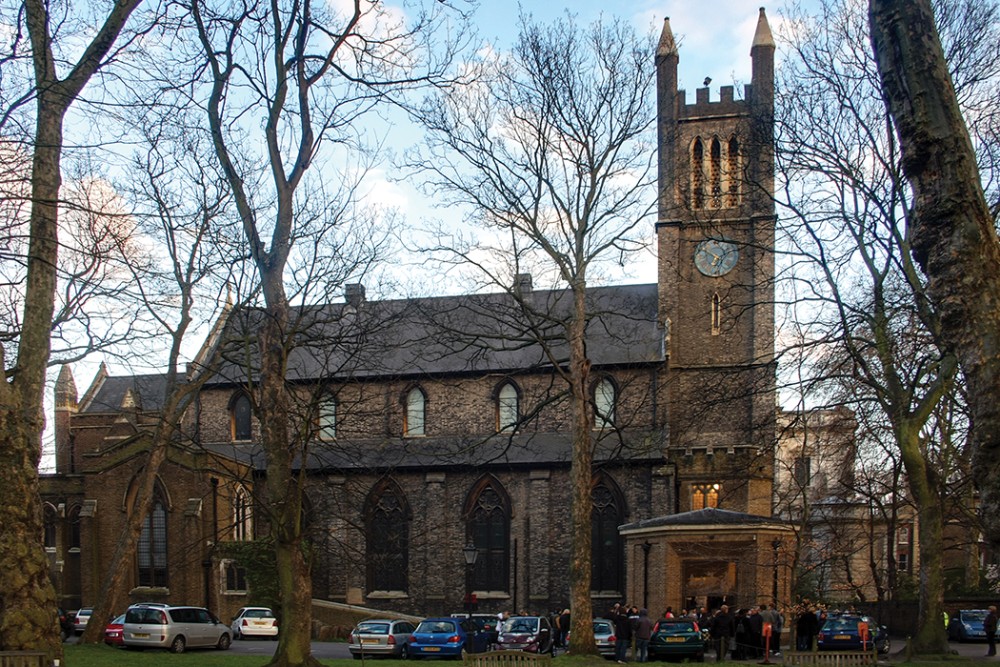Decline and revival in the Church of England
Future historians will identify the past quarter century as a time of real excitement and innovation.

British media regularly report the latest surveys of religious faith and activity in that country, and rare is the news that is not deeply depressing. So rapid has been the process of secularization that it hardly seems far-fetched to imagine a near future in which Christian faith in the country would be confined to recent immigrants.
Particularly hard hit is the Church of England, which in practice attracts only a tiny proportion of the national population on any kind of regular basis. Yet even among what seem to be the battered ruins of Anglican loyalty are surprising signs of life and even vigor. (I will focus here on England, as conditions in other parts of the British Isles differ in many ways.)
The Church of England has long been divided between high and low church factions, between Anglo-Catholic ritualists and evangelicals. During the 1960s, a new force appeared on the scene in the form of a charismatic revival. Over the following decades, that charismatic impulse rose and fell in influence, but it received new infusions of support from the global church repeatedly. At different times, those overseas influences derived from transatlantic revivals, both in the US and in Latin America, but also from new immigrant populations from Africa and the Caribbean. These new influences reshaped many urban parishes, some of which became what an American would easily recognize as evangelical-charismatic megachurches.





